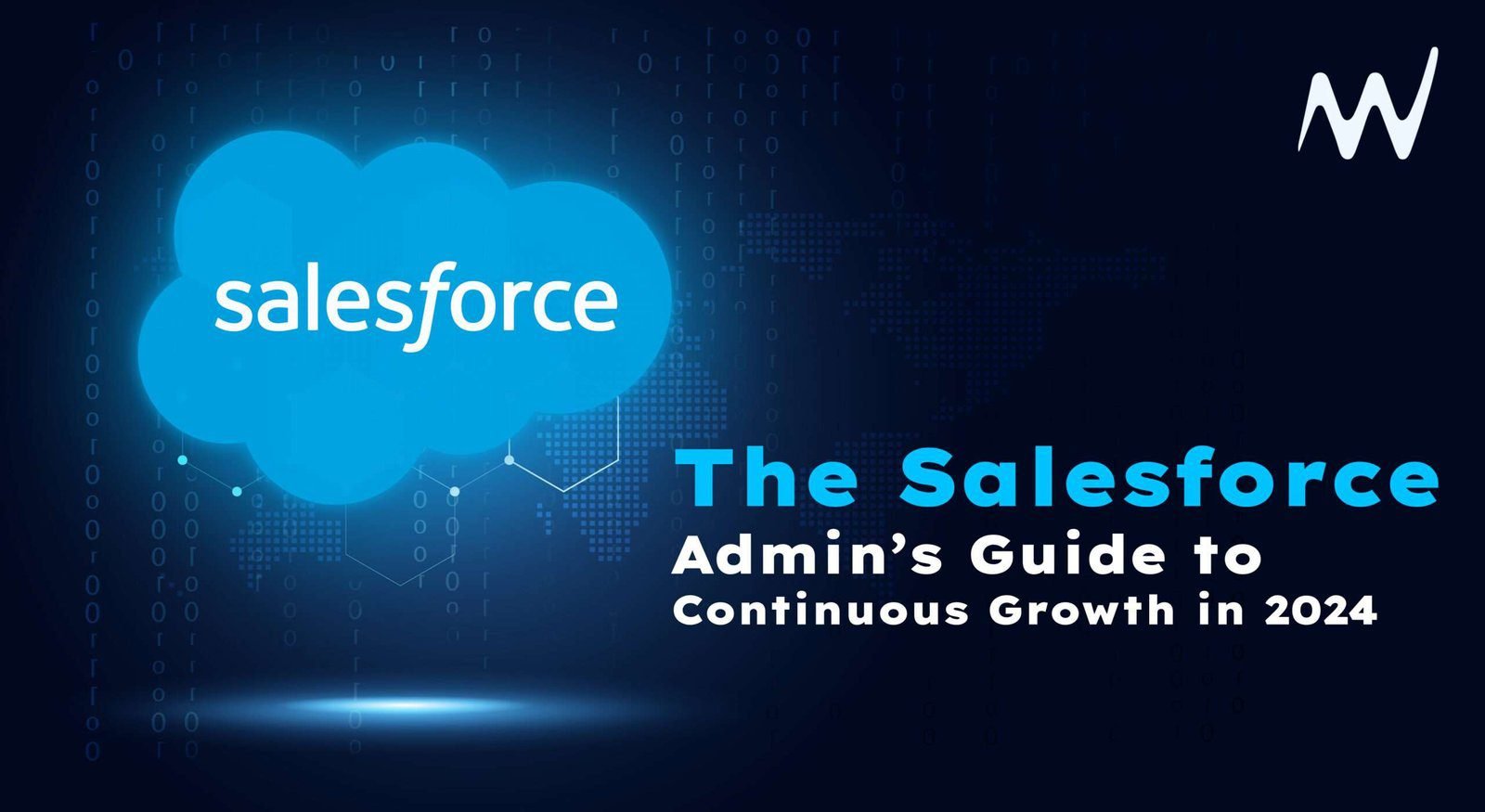
The Salesforce Admin’s Guide to Continuous Growth in 2024
The Salesforce Admin’s Guide : The role of a Salesforce Admin has become more crucial than ever in 2024.
Read More
Crucial Role of Application Modernization in a Competitive Tech Landscape
Crucial Role of Application Modernization: The business of developing legacy software is experiencing significant growth, with the application modernization services market projected to reach $66.4 billion by 2030. As companies strive to stay competitive and adapt to evolving technologies, application modernization becomes crucial. This article explores the top 10 trends shaping application modernization in 2024, focusing on the integration of artificial intelligence, cloud-native solutions, microservices, container storage, and more.
Read More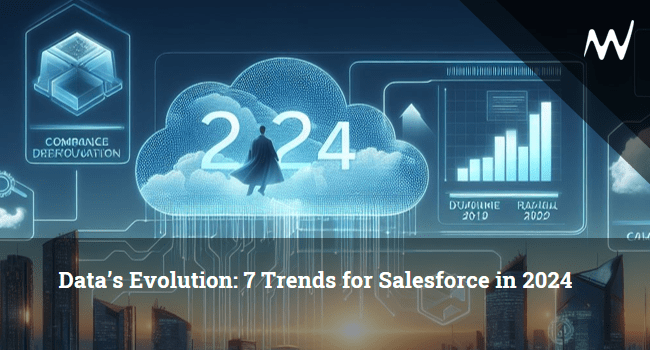
Data Trends Look at Salesforce’s Evolution
Data’s Evolution: In the ever-evolving landscape of customer relationship management (CRM), data has emerged as the focal point for Salesforce professionals.
Read More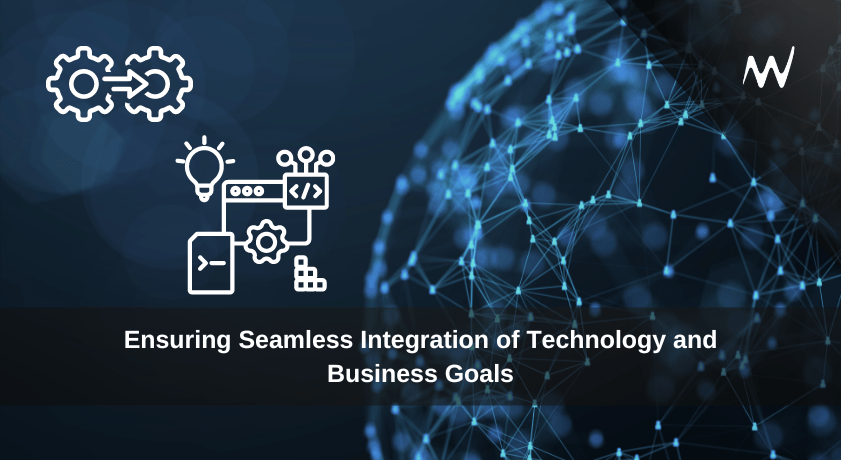
Ensuring Seamless Integration of Technology and Business Goals
Integration of Technology and Business Goals : Application modernization involves a series of strategic steps to enhance performance, reduce costs, improve security.
Read More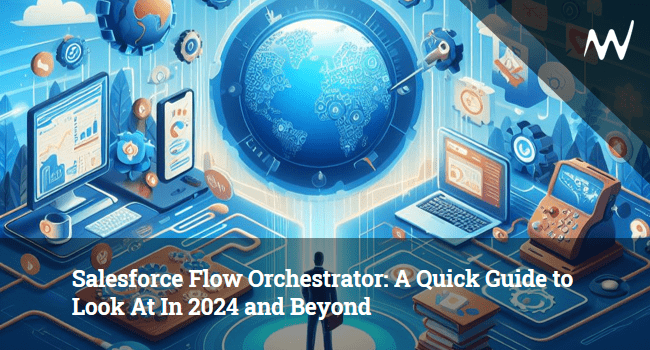
Salesforce Flow Orchestrator: A Quick Guide to Look At In 2024 and Beyond
Salesforce Flow Orchestrator introduces a revolutionary product, empowering administrators to seamlessly connect flows and workflows across multiple users.
Read More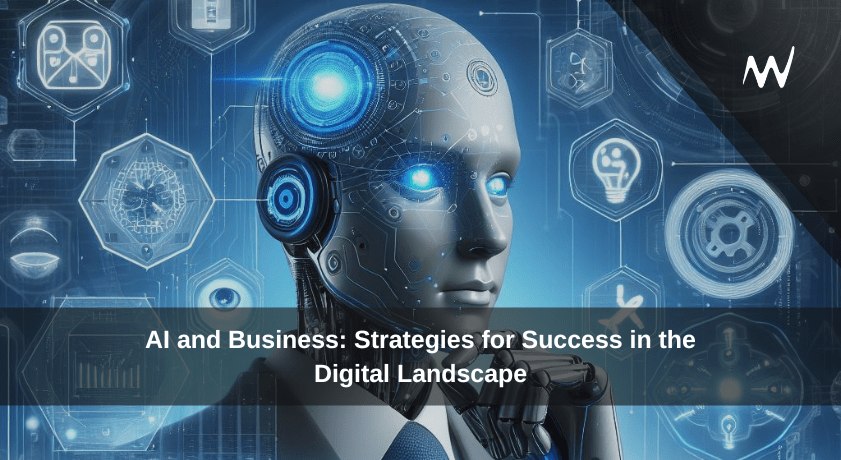
AI and Business: Strategies for Success in the Digital Landscape
In the dynamic landscape of today’s business world, the buzz around Artificial Intelligence (AI) is hard to ignore. But is investing in AI, especially in the realm of Business Strategy, a worthwhile venture? This comprehensive guide aims to unravel the intricacies of AI’s role in revolutionizing contemporary Business Strategies, shedding light on considerations before adopting it as a long-term solution.
Read More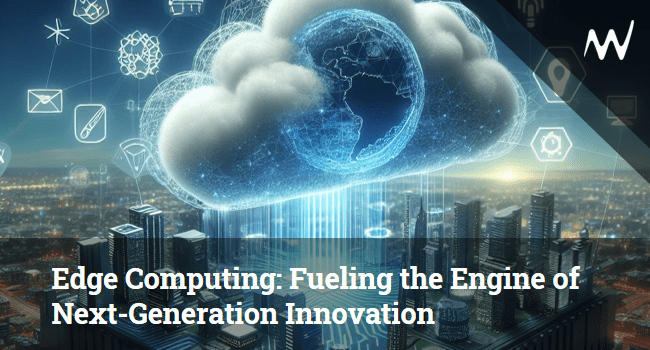
Edge Computing: Fueling the Engine of Next-Generation Innovation
In today’s dynamic technological landscape, edge computing has emerged as a revolutionary force, set to redefine how organizations process and analyze data. According to the latest IDC report, global expenditure on edge computing is anticipated to soar to an impressive $317 billion by 2026, with an estimated cost of $208 billion by 2023. This substantial growth, at a rate of 13.1% from the 2022 estimate, underscores the profound significance of edge computing in shaping the next generation of innovation.
Read More
Navigating Cloud Computing, Security, and API Cloud Concerns
Cloud computing is defined as the delivery of Internet-based services through the use of remote servers. Instead of local physical servers or personal computers, data is shared, analyzed, managed, and stored in the cloud. Cloud computing enables business owners to store and access their technical data from anywhere through cloud services. Organizations are turning to cloud-based platforms to improve efficiency, saving costs, time, and effort associated with purchasing and maintaining servers. All computing resources are provided by cloud service providers (CSPs) such as AWS, Google, MS Azure, IBM, etc.
Read More